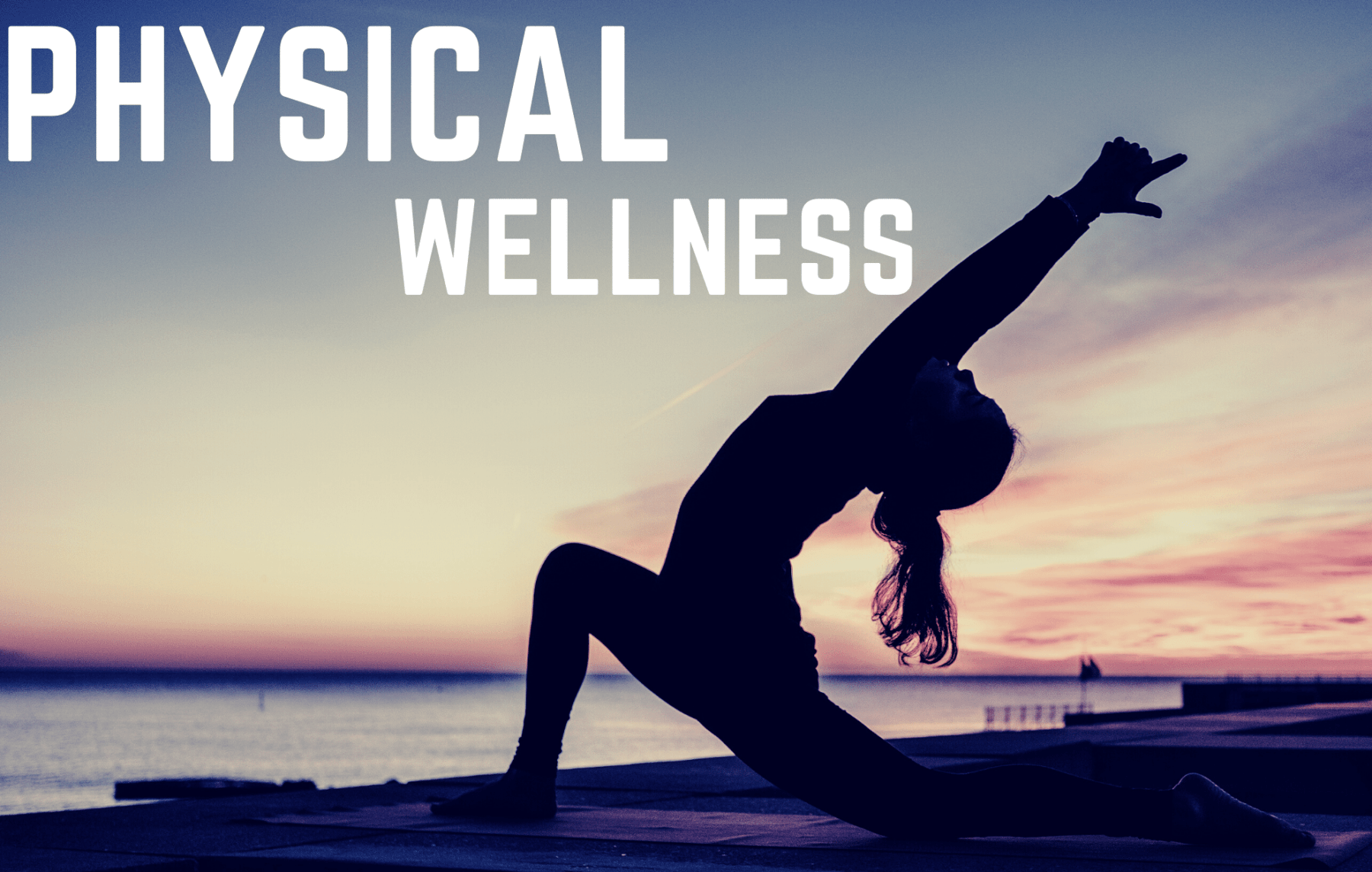Achieving and maintaining good physical health is a fundamental aspect of overall well-being. From regular exercise to proper nutrition, there are several physical practices that can significantly impact your health. In this article, we’ll explore ten essential things you should do to promote a healthy lifestyle.
Stay Active
- Regular Exercise: Incorporate at least 150 minutes of moderate-intensity aerobic activity or 75 minutes of vigorous-intensity aerobic activity into your weekly routine. Activities like walking, jogging, swimming, or cycling can help improve cardiovascular health.
- Strength Training: Include strength training exercises at least two days a week to build muscle mass, boost metabolism, and support bone health.
Balanced Nutrition
- Eat a Rainbow: Consume a variety of fruits and vegetables to ensure you get a wide range of essential nutrients. Aim for colorful plates filled with greens, reds, oranges, and more.
- Portion Control: Pay attention to portion sizes to avoid overeating. Use smaller plates, and listen to your body’s hunger and fullness cues.
Hydration
- Water Intake: Stay hydrated by drinking an adequate amount of water daily. The recommended amount varies from person to person but generally falls between 8 to 10 cups per day.
- Limit Sugary Drinks: Minimize consumption of sugary beverages like soda and excessive fruit juices, as they can lead to weight gain and dental issues.
Quality Sleep
- Prioritize Sleep: Aim for 7-9 hours of quality sleep each night. Establish a bedtime routine and create a sleep-conducive environment.
- Avoid Screen Time: Limit screen exposure, particularly before bedtime, as it can disrupt your circadian rhythm and affect the quality of your sleep.
Stress Management
- Mindfulness Practices: Engage in mindfulness and relaxation techniques like meditation, deep breathing exercises, or yoga to manage stress and promote mental and physical well-being.
- Work-Life Balance: Strive for a healthy work-life balance to reduce chronic stressors. Prioritize self-care and hobbies to decompress.
Regular Check-ups
- Health Screenings: Schedule regular check-ups and health screenings as recommended by your healthcare provider. Early detection can prevent and treat potential health issues.
- Vaccinations: Stay up-to-date with vaccinations to protect yourself and those around you from preventable diseases.

Proper Posture
- Ergonomics: Maintain proper posture while sitting and standing. Invest in ergonomic furniture and adjust your workstation to reduce the risk of musculoskeletal problems.
- Stretching: Incorporate regular stretching exercises to improve flexibility and alleviate tension in muscles and joints.
Oral Health
- Regular Dental Visits: Visit your dentist for regular check-ups and cleanings. Good oral health is linked to overall health, so don’t neglect your teeth and gums.
- Oral Hygiene: Brush and floss your teeth at least twice a day to prevent dental issues such as cavities and gum disease.
Limit Sedentary Time
- Move Frequently: Avoid prolonged periods of sitting or inactivity. Stand up, stretch, or take short walks throughout the day, especially if you have a desk job.
- Screen Time: Minimize screen time, particularly for children. Encourage outdoor play and physical activities.
Social Connections
- Healthy Relationships: Nurture social connections and maintain healthy relationships with friends and family. Social support can have a positive impact on mental and physical health.
- Join Clubs or Groups: Consider joining clubs, groups, or organizations that align with your interests to foster new connections and hobbies.

